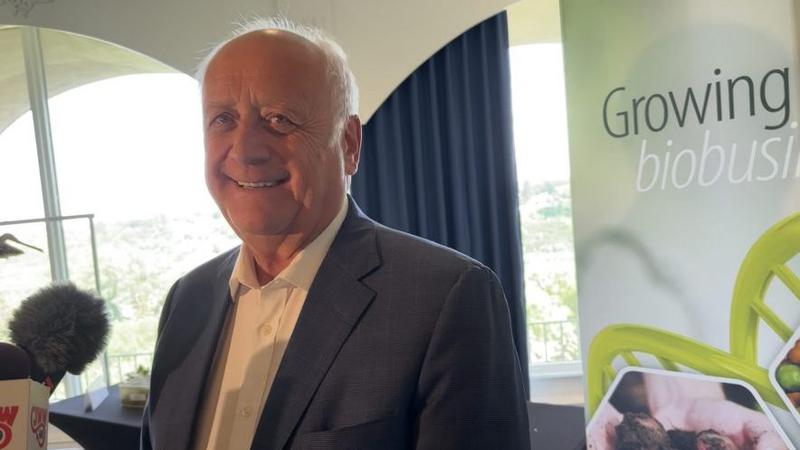
Province raises concerns over clean fuel standards; offers $9.5M in ag funding
Like farmers in the province and the Saskatchewan Association of Rural Municipalities (SARM), the Government of Saskatchewan sees problems with the clean fuel standards set to take effect across the country on Saturday.
“We’re concerned about it; we are,” Agriculture Minister David Marit said Thursday in Saskatoon.
Of particular concern, the minister noted, is the cost and potential impact to Saskatchewan farmers.
That’s why Marit said these standards — along with other issues impacting the agriculture industry, like the carbon tax — will be discussed at the upcoming first ministers’ conference.


